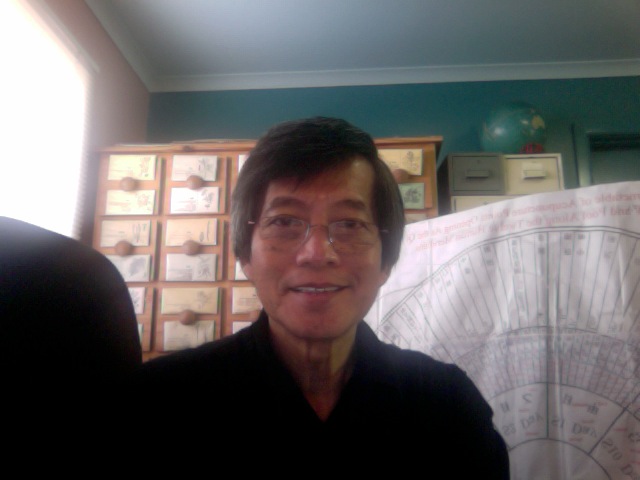Dealing With 'Cytokine Storms': A Cultural and Linguistic Translation of Warm Factor Epidemics Wenbing as Seasonal Viral Influenza Epidemics in Australia (#185)
Aim: To demonstrate that clinical space can be used as a platform in translating the ‘language’ of traditional Chinese medicine (TCM) into the ‘language’ of Western biomedical practice. This is in line with a new understanding of science as a knowledge system characterized by locatedness and situatedness. Western biomedicince and TCM are both generated in located and situated clinical practices. Hence, this new understanding of science has a bearing on the relationship between the two medical traditions.
Method: A case study on the use of chronoacupuncture in treating seasonal viral influenza or chun wen (spring season 'warm factor disorder') in Melbourne will be presented showing how through the medium of clinical practice the 'language' of TCM can be expressed in the 'language' of biomedical practice. Through this case study, an incubating qi will be seen as an expression of the natural yin and yang order of the flow and metamorphoses of life embedded in specific time and place i.e. the life of the influenza virus embedded within the human body. Using this method of treatment, the symptoms of a ‘cytokine storm’ or a ‘flaring up’ of an incubating qi in spring can be clinically dealt with effectively.
Result: Through the medium of clinical space a successful translation of the ‘languages’ of both TCM and Western biomedicine is made.
Conclusion: Clinical space is a platform that can be availed of in translating the ‘language’ of TCM into the ‘language’ of Western biomedicine.
 ICIS 2014*
ICIS 2014* 